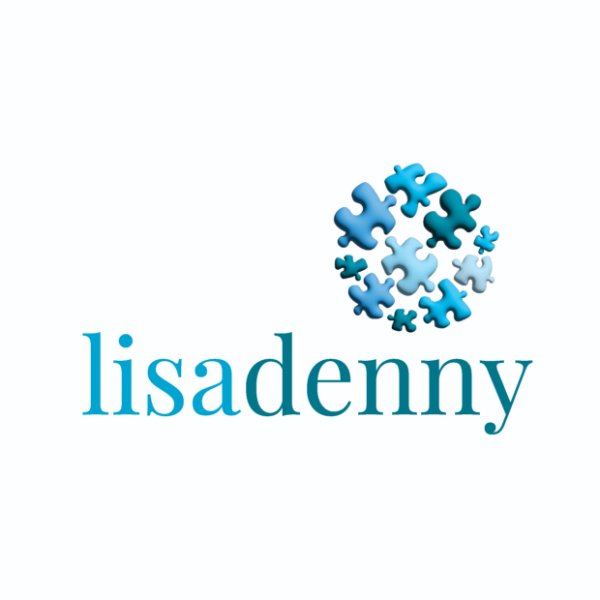Demography is the study of life and death and everything we do in between. This intentional, two day, professional learning course, led and facilitated by demographer Dr Lisa Denny, will help you unravel and understand the inter-connected relationship between policy-making and socio-demographic change.
The fabric of a place — social, political and economic — is fundamentally determined by its socio-economic demographics.
Public policy both shapes and responds to socio-demographic trends (or it should), and directly and indirectly influences population change, liveability and economic and social prosperity. Socio-demography plays a key role in our political systems, economies and societies at the local, regional, state, national and global level.
Every policy has either a direct or indirect influence on demographic change — intended or not. These policies have a long-lasting impact on the economy and society. Socio-demographics can be directly and indirectly responsive to policy positions, institutional reform and/or incentives, as well as to changes in cultural norms, behaviour and technology. As such, policy levers should be proactively used to accentuate favourable socio-economic demographic trends and offset the negative ones.
This two day course will help you unravel and understand the inter-connected relationship between policy-making and socio-demographic change. The course will equip you with the knowledge and tools to better understand the context — the why — underpinning the data and evidence so that you have a wider lens from which to inform decision-making and policy development.
The course is grounded in four key theoretical frameworks and their application in policy-setting:
- Systems thinking;
- Theories of demographic change;
- Principles of the life course; and
- The Iceberg Model.
Day 1 will focus on foundational knowledge building and the inter-connection of the first three theoretical frameworks.
Day 2 will introduce the Iceberg Model and focus on applying the new-found or deepened knowledge to current everyday scenarios and the decision-making process.
Following completion of the course, you will be able to immediately apply your new-found or deepened knowledge in your everyday work. The course will provide you with several resources and tools to identify and map potential desired or unintended policy outcomes within the system/s you operate to inform the decision-making process as well as scale the desired impact of your work.
The course is grounded in four key theoretical frameworks and their application in policy-setting:
- Systems thinking;
- Theories of demographic change;
- Principles of the life course; and
- The Iceberg Model
Please note, that to optimise the benefits from the intensive professional learning experience, the course will be delivered face-to-face with a maximum of 20 participants and a minimum of ten.

